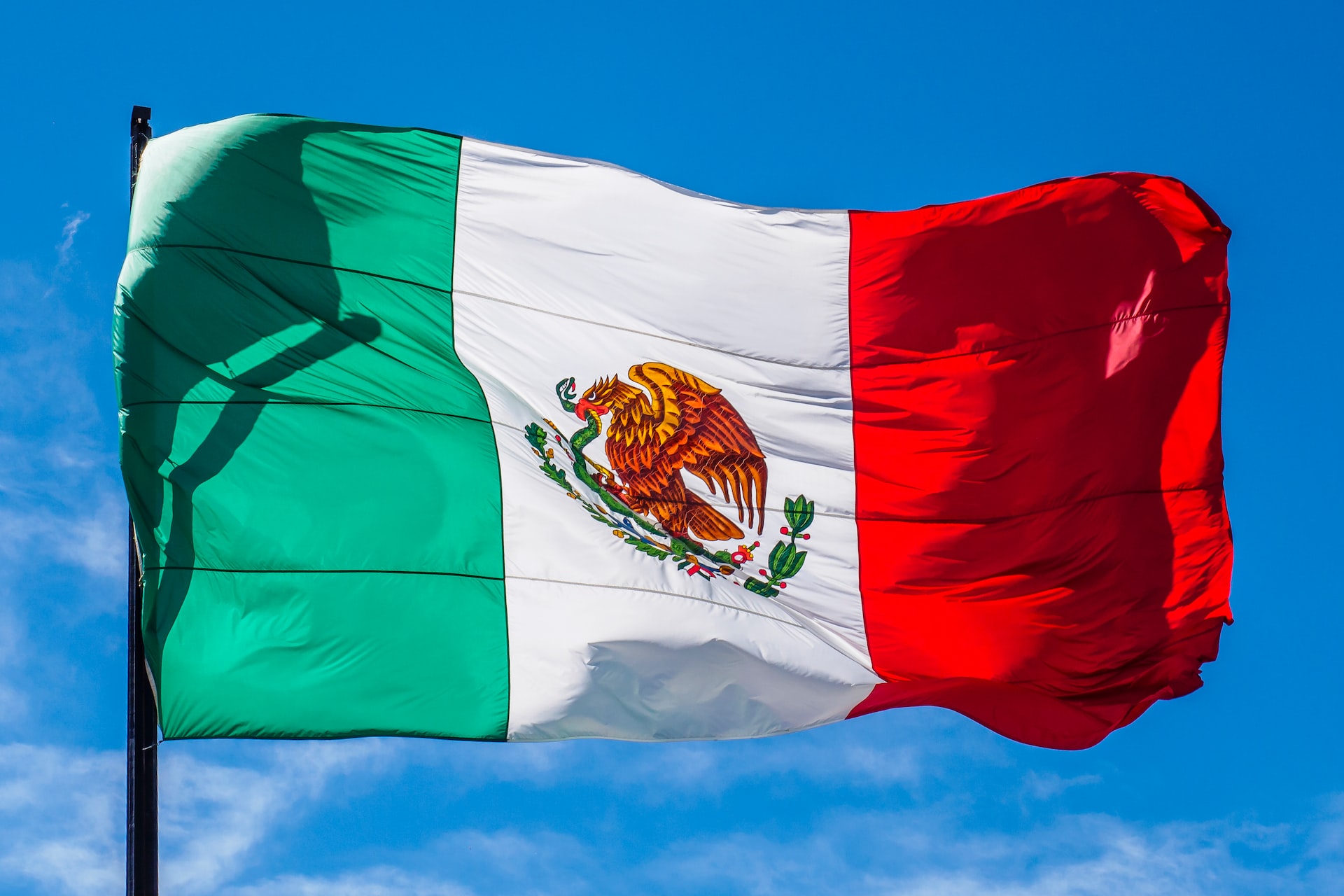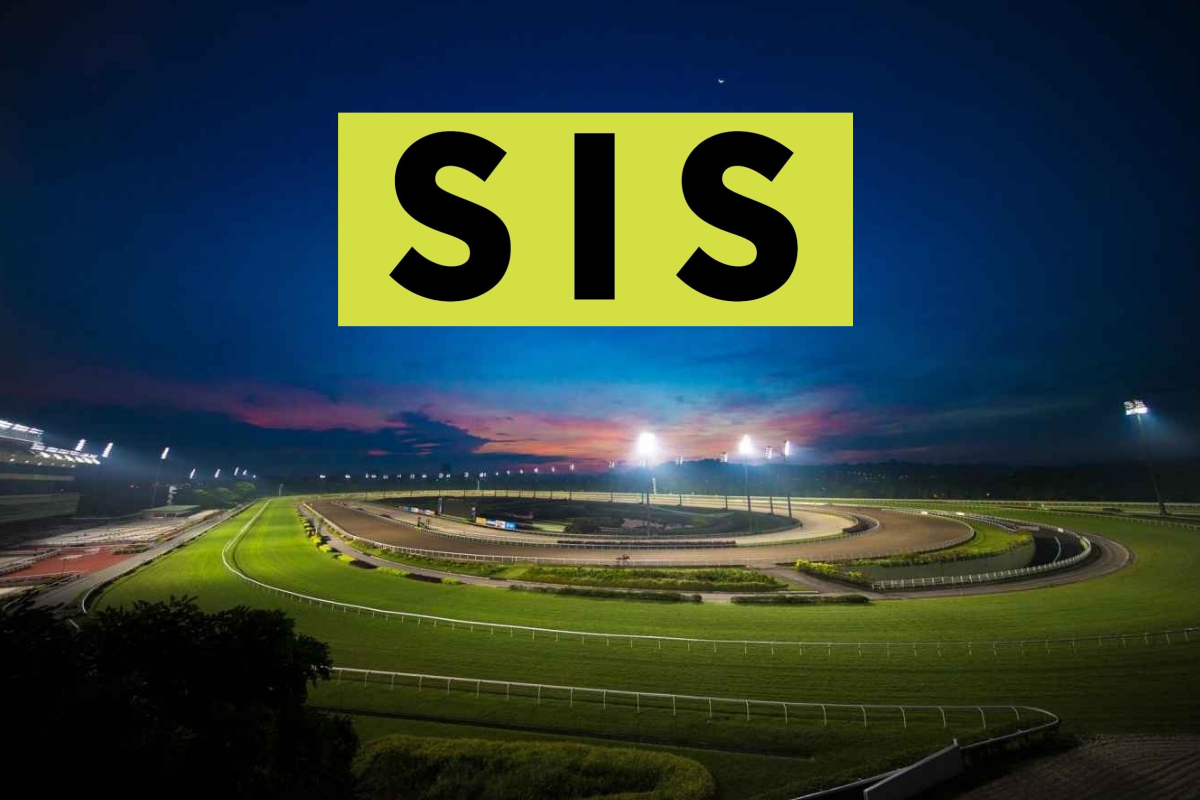
How Saudi Arabia intends to Become a Global Hub for Gaming and Esports
Qatar is hosting the FIFA World Cup, but Saudi Arabia is making sure it is not left behind. The Kingdom has made a whopping investment worth $37.8 billion which is designed to serve a single purpose – elevating Saudi Arabia’s status as a global hub for gaming and esports. Much of this is owed to the forward-thinking Mohammed bin Salman, the Crown prince, who has seen competitive video gaming as a way to appeal to young voters and beckon to international youth that Saudi Arabia is more progressive than previously thought.
Building the Esports and Gaming Future of Saudi Arabia
All of the recent events seem to help the Saudis on their way to becoming a major force in the world of competitive video gaming. According to reports, Shily, Electronic Arts, Valve, and Riot Games are considering holding events in Saudi Arabia. Qatar will be a test site to see if the country can use esports and gaming to bring in tourists.
Prince bin Salman is very perceptive, as he realizes that competitive video gaming alone is not the solution. The prince is adamant about creating jobs in the region and ensuring everyone has opportunities. In the meantime, esports has taken off in the Kingdom and viewers of digital eSports content from Saudi Arabia have drastically increased during 2022. eSports betting is no exception and accounts for most visitors to www.arabwinners.com. Saudi Arabian viewers also account for the majority of subscribers to their YouTube channel where they live stream local and international eSports events in Arabic.
But Prince Bin Salman himself is making a gamble on eSports. He similarly wants to create more employment opportunities for young Saudis, having encouraged investments from overseas developers, such as Ubisoft and Electronic Arts who are exploring the idea of setting up more permanent offices in the Kingdom. By 2030, bin Salman wants to see as many as 39,000 jobs linked to video gaming created in the Kingdom.
As the west strongly shifts towards battery-powered means of transportation and renewable energy, this should give the Saudi Arabian economy yet another outlet to make it more adaptable and nimble as fuel revenue is beginning to slowly but noticeably dry up. Additionally, investing in video games makes a lot of sense. The multi-billion dollar esports business is continually growing.
Even while there are some worries that China would ban esports and reduce their total value, the rest of the world appears to be catching on. Saudi Arabia and the Middle East joining is a good thing for video games all over the world, especially since eSports in China are on the decline because of their strict rules. But only time will tell whether the Saudis’ bid is successful.
All the Tell-Tale Signs of Success Are Already There
Even though Saudi Arabia is a relatively new destination for eSports betting, the country is already exhibiting clear signs of sustainability and long-term success. The officials tasked with changing Saudi Arabia’s reputation as an esports and gaming-friendly nation are doing a good job of building the local ecosystem.
People don’t usually play video games in public, but attendance at FIFA and PlayerUnknown’s Battlegrounds tournaments has stayed the same. In a report released earlier this year, Boston Consulting Group observed that the country’s move toward more eSports and gaming is unquestionably a beneficial move and that it reflects well for both its image and future investment potential.
According to the group, the nation already has more than 23.5 million gamers living there, so there is unquestionably the grassroots power to move things along quickly. But it seems that Saudis may still be a little cautious to seek a career in professional video gaming, unlike gamers from Asia, Europe, and North America. It will be clear that Saudi Arabia’s eSports market is expanding once we start to see more professional players there as well.











